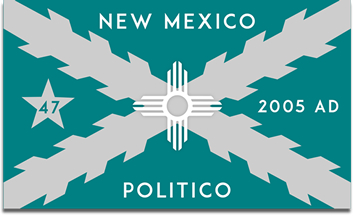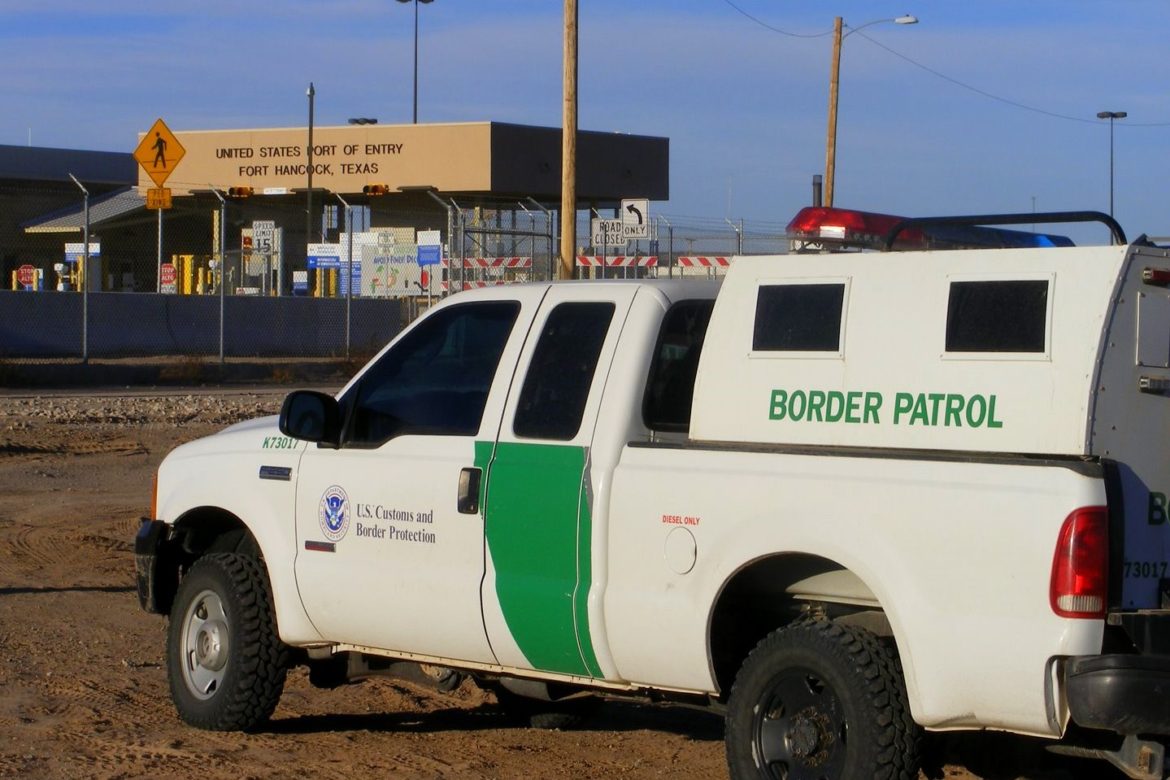When I was attending Webster University in the Netherlands in 2016, I spent much of my time outside of class working on organizing a fundraiser with some other students from my university. We were raising money for VluchtenlingenWerk Nederland, an organization that helps bring refugees into the Netherlands. We even met face to face with a Syrian refugee named Iman who told us her story. She had lived a normal life with her husband and two children in Damascus. Both of her children were good students, and she and her husband were engineers. When their apartment building was bombed, they moved in with extended family, and as the tensions in Syria worsened, they made the decision to leave. Who can blame them when hundreds of thousands of their people had already been killed? It was a long process, and Iman did everything she could to get their passports and travel preparations in order while their country was falling apart. She and her family were lucky to make it to Amsterdam, and I hate to think what would have happened to her if she had stayed in Damascus.
Her story could have been mine had I been born on the other side of the globe. Sometimes it’s easy to forget that behind the politics and the statistics, these are human beings. Certain Dutch politicians, such as Geert Wilders, view the influx of migrants as an invasion and hold the mentality that “it is our country; it’s not their country.” He came under fire for comments he made in 2014 at a rally when he asked a crowd if they wanted more or fewer Moroccans in the Netherlands, and when the crowd chanted “fewer,” Wilders promised to arrange that. From my personal experience with the Dutch people, the extremist views of Wilders are not common, and a majority of Dutch people would never say out loud that they want Moroccans, Syrians, and the Turkish out of their country. However, there are many who quietly agree with Wilders.
Not long after the refugee fundraiser, I moved to New Mexico, where I have lived for two years. I learned very quickly that Europe was not the only place struggling to solve immigration related problems. In May this year, Honduran migrant Roxana Hernandez died in Albuquerque from HIV related complications after being detained at an ICE facility and denied access to food, water, and medical care. Hernandez had fled her country because of the violence there, and was met with abuse and neglect in New Mexico.
Hernandez’s story is an interesting one. She was deported three times from the U.S. and convicted of prostitution and lewd conduct in 2009. Breaking the law has its consequences, but consequences should be within reason, i.e. not being locked in an “icebox” for five days with no food or medical care.
One of the biggest news stories this summer that shocked Democrats and Republicans alike was the separation of migrant families. July 26 was supposed to be the deadline for reuniting the children with their parents. That date has come and gone while 700 children are still without their families as of the writing of this piece. This policy has been nothing short of disastrous, not to mention a massive human rights violation. Throughout every point in our history, the U.S. has treated certain immigrants or “outsider” ethnic groups poorly. In 1882, the Chinese Exclusion Act was passed, which prohibited Chinese immigrants from entering the U.S. Italian immigrants in the early 20th century were portrayed by the media as ignorant criminals. Internment of Japanese-Americans during World War II is still within living memory for older generations in the U.S. We claim that we are a melting pot and a country of immigrants, but sadly getting along with people who are different than us has never been our forte.
We claim that we are a melting pot and a country of immigrants, but sadly getting along with people who are different than us has never been our forte.
In many ways, New Mexico is the exception. With a population that includes the highest percentage of Hispanics of any other state, an ancient culture built by Native Americans, and small groups of other ethnicities, we truly are a melting pot and have learned to embrace each other’s cultures. One in 10 people in New Mexico are immigrants, and another 1 in 9 have at least one immigrant parent. We also have roughly 85,000 undocumented immigrants.
I understand that we need some serious immigration reform. We are short on immigration lawyers and judges. Our policies have been failing. Regardless of political party, I think we can all agree that something needs to change, but maybe that change should be based on empathy and bipartisan efforts, not xenophobia and Trump’s own personal agenda.

